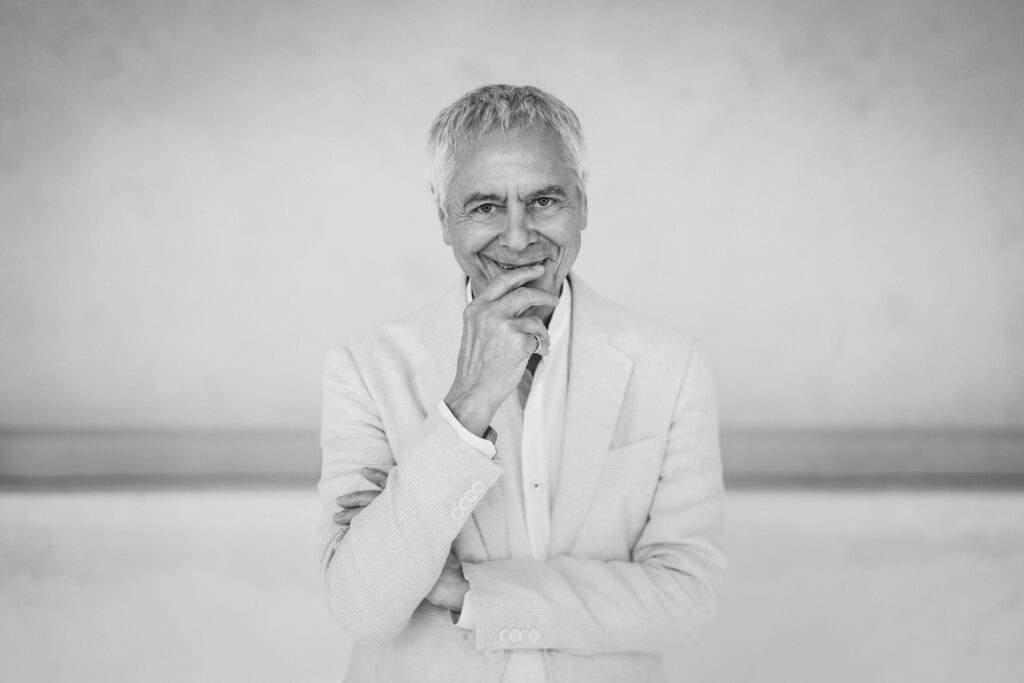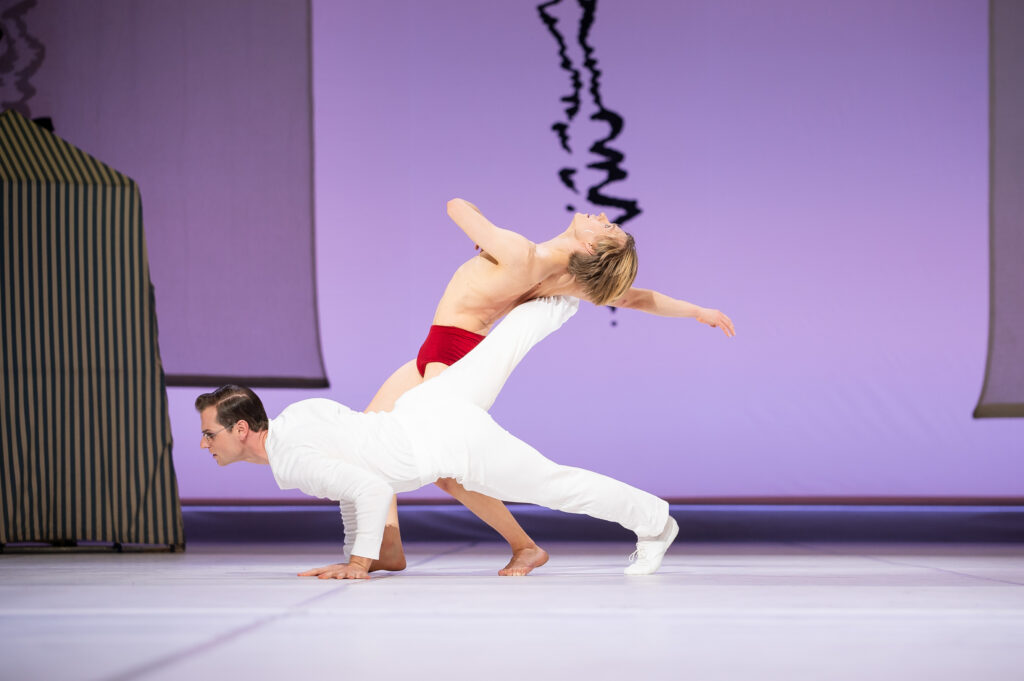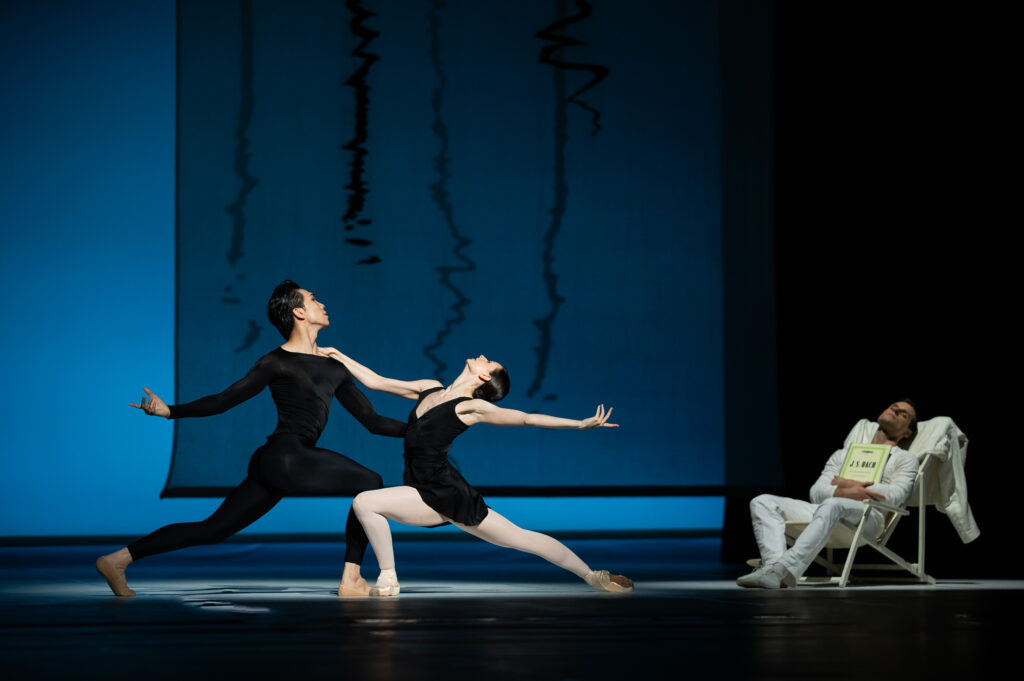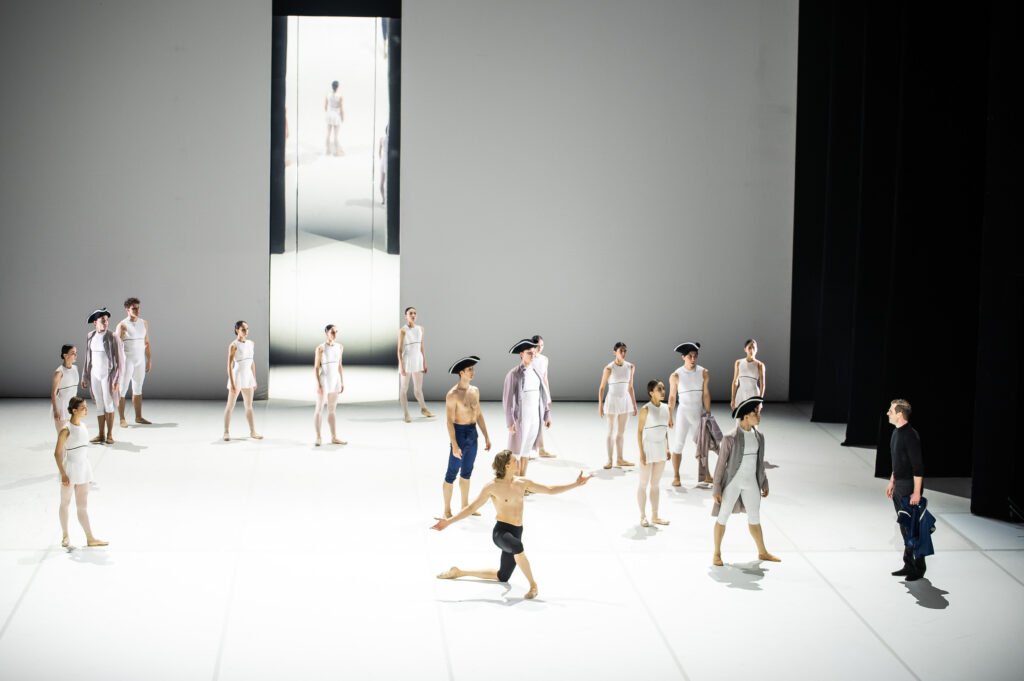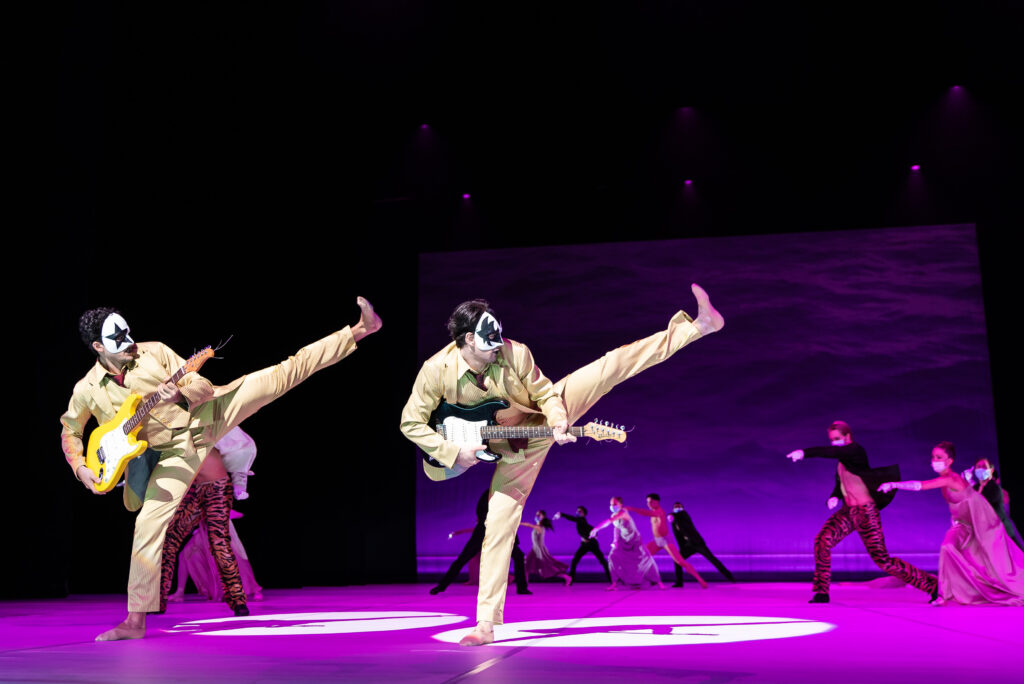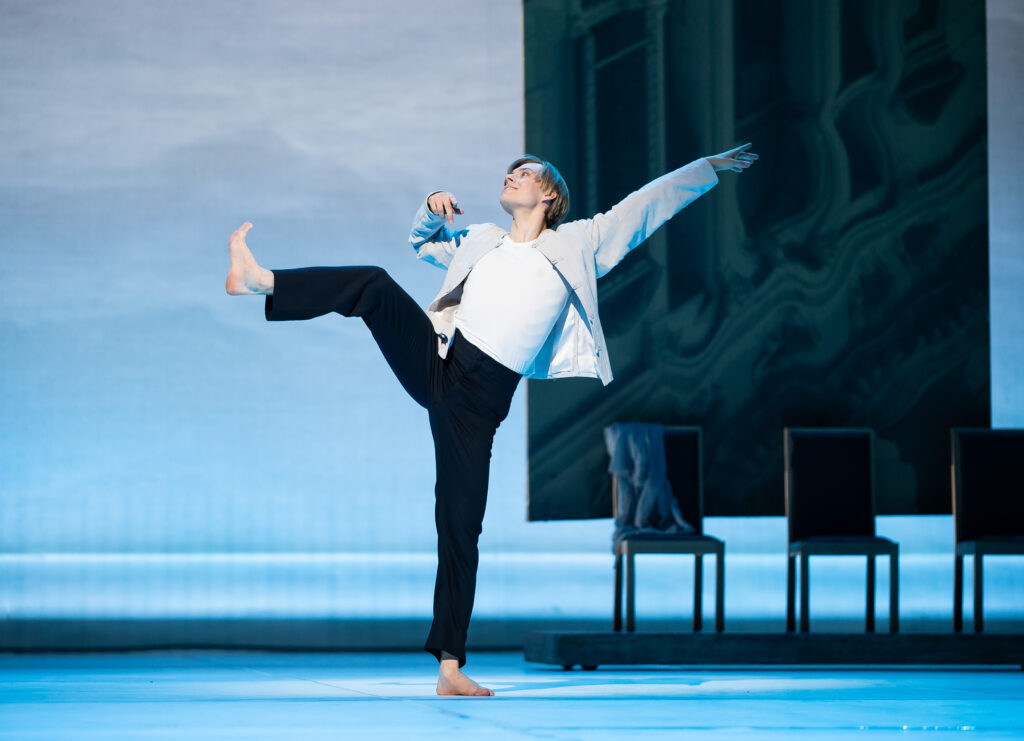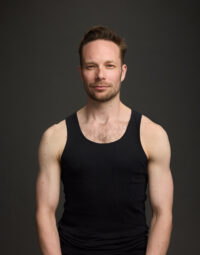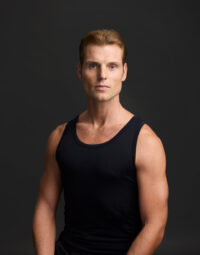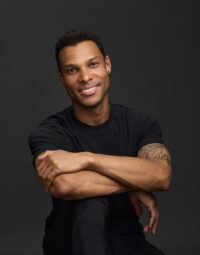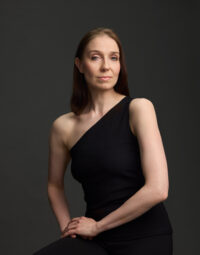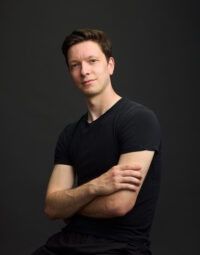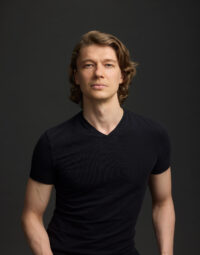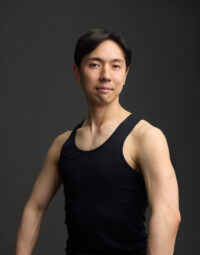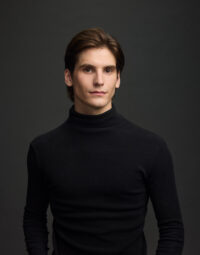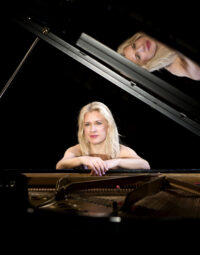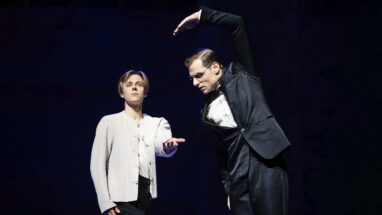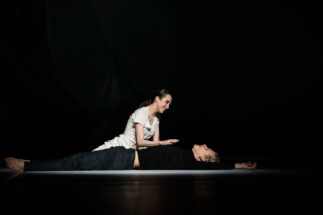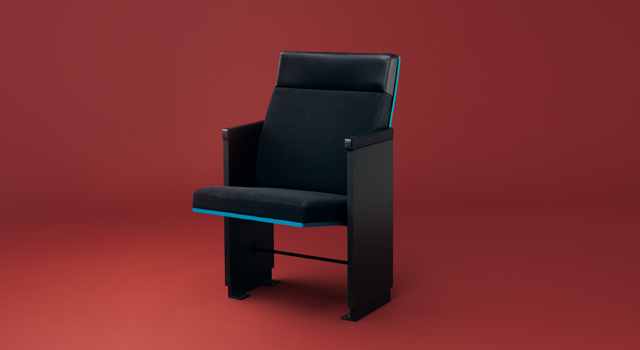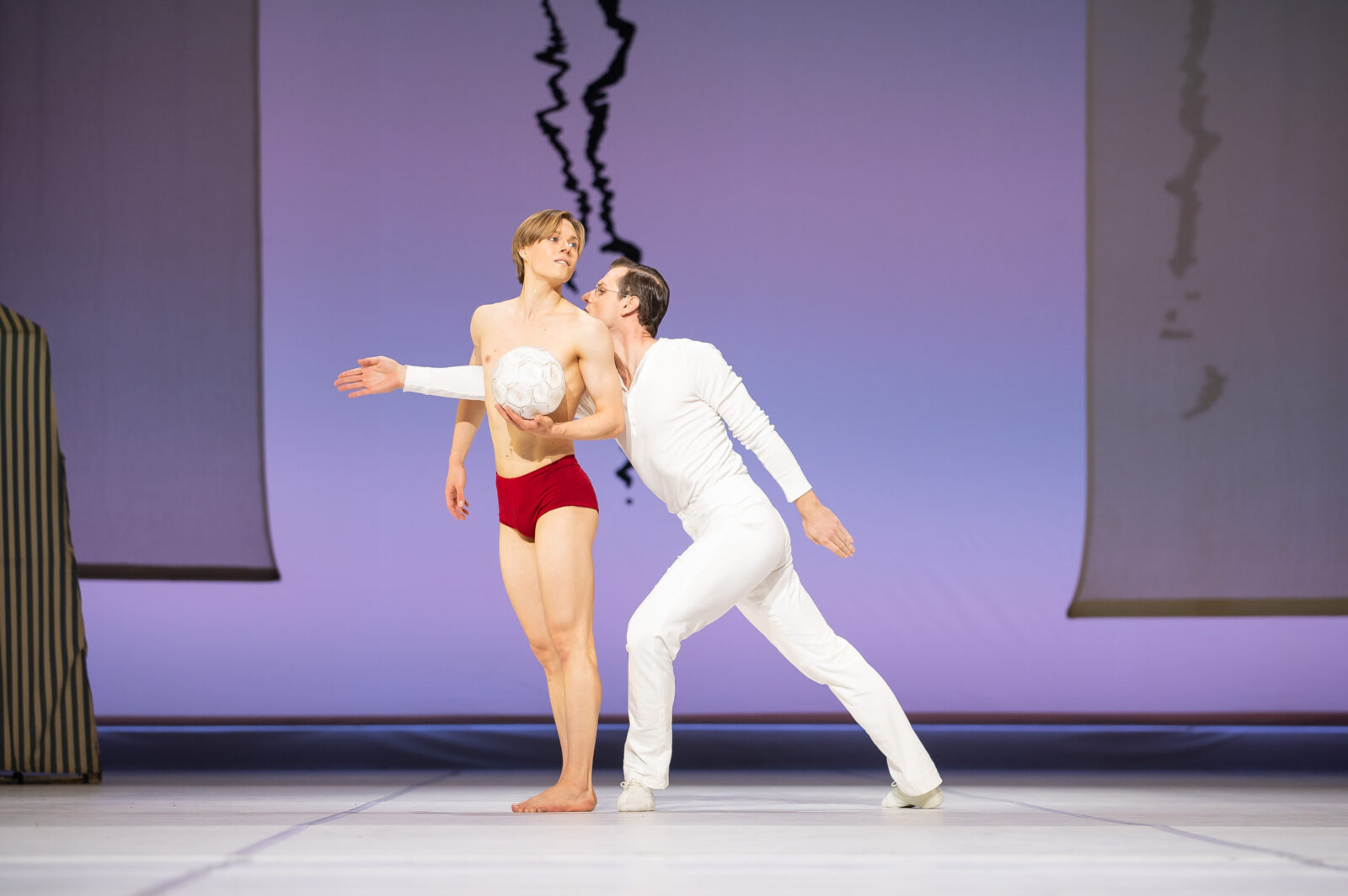
John Neumeier – J. S. Bach, Richard Wagner
Death in Venice
The iconic novel as a touching ballet
Thomas Mann’s (1875–1955) famous short story about the author Aschenbach and his fascination with the young Tadzio, set in Venice plagued by cholera, garnered much attention as it was published in 1912. John Neumeier’s work portrays the author as a choreographer dedicated to his art. In Venice, he unravels both a hidden side of himself as well as pure love within. The ballet, which had its world premiere in Hamburg Ballet in 2003, features music by Bach and Wagner, played both live on piano on stage and from recordings.
”You can enjoy every note as well as every step. The pas de deux’s for example – especially for the male couples – are very fine and polished jewels.”
– Ballett-Journal
watch trailer
The video content can only be played if you have accepted targeting cookies. To modify your cookie settings, go to cookie settings at the bottom of the page.
synopsis
The renowned choreographer Gustav von Aschenbach begins work on a new ballet based on the Prussian King Frederick the Great. However, the artist’s fear of failure hampers his creativity. He finds himself distracted by chaotic memories of his poetic, impulsive deceased mother, while a court ballerina and the King haunt his imagination. Frustrated and exhausted, Aschenbach abandons his work, but an encounter with a mysterious stranger sparks his desire for travel. As he arrives in Venice, he meets a gondolier who seems oddly familiar. In the hotel lobby, Aschenbach is recognised by Venetian society, leaving him ill at ease. He is on the verge of leaving when he is captivated by the entrance of a beautiful young man, Tadzio.
On the Lido, Aschenbach observes Tadzio frolicking on the beach with his companions. The sun shifts his focus towards sensuality, and he is overwhelmed by Tadzio’s smile. Inspired by the young man’s presence, he choreographs a pas de deux about emotional love. Aschenbach falls asleep on the beach and has an erotic dream, waking up disturbed. In a barbershop, the barber reassures Aschenbach that one is only as old as they feel in their heart and mind. A street musician gives a vulgar performance in the hotel garden, as if echoing the cholera epidemic ravaging the city. The hotel guests fall ill – and soon die. Nevertheless, Aschenbach decides to stay in Venice. He forsakes his art and destroys his work. His choreography will remain forever unfinished. Aschenbach turns from art to life – and brings about his death in Venice.
Full synopsis and other background information can be found in the programme leaflet.
gallery
creative team
- Choreography and Lighting Design
- John Neumeier
- Music
- J.S. Bach, Richard Wagner
- Set Design
- Peter Schmidt
- Costumes
- John Neumeier, Peter Schmidt
The production has been rented from Hamburg Ballet.
cast
- The Wanderer / The Gondolier / Dancing couple / Dionysos / The Hair Dresser / The Guitarist
- Giuseppe Martino
- The Wanderer / The Gondolier / Dancing couple / Dionysos / The Hair Dresser / The Guitarist
- Clark Eselgroth
- The Wanderer / The Gondolier / Dancing couple / Dionysos / The Hair Dresser / The Guitarist
- Elvis Nudo
- The Wanderer / The Gondolier / Dancing couple / Dionysos / The Hair Dresser / The Guitarist
- Luciano Ghidoli
- The Wanderer / The Gondolier / Dancing couple / Dionysos / The Hair Dresser / The Guitarist
- Martin Nudo
- Aschenbach's assistant / Aschenbach's mother / Tadzio's mother
- Rebecca King-Piitulainen
- La Barbarina
- Hatice Çağla Ertürk
- La Barbarina
- Hye Ji Kang
- Aschenbach's concepts
- Violetta Keller
- Aschenbach's concepts
- Jun Xia
- Piano solist
- Anna Laakso




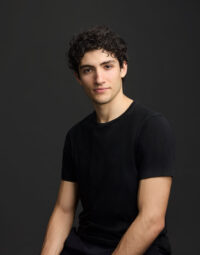






Stage24: More about the work
listen to death in venice
You must accept functional cookies to listen to the playlist. To modify your cookie settings, go to cookie settings at the bottom of the page.
tickets and performances
Secure your seat with a season ticket
Enjoy before the show
the keys to an entertaining evening
Order refreshments
Enjoy refreshments
before the show
or in the interval.
See the diverse menu
and place an order
in advance.
Programme booklets
Programme booklets
are sold by our
customer services,
the Opera Restaurant,
and our lobby
personnel for 7 euros.
Arriving at the Opera House
The Opera House
is located by the
Töölönlahti bay at
Helsinginkatu 58.
Learn the easiest
ways to get here.
Accessible seats
You can purchase accessible tickets online or via our customer services. Learn more about
accessibility at
the Opera House.

